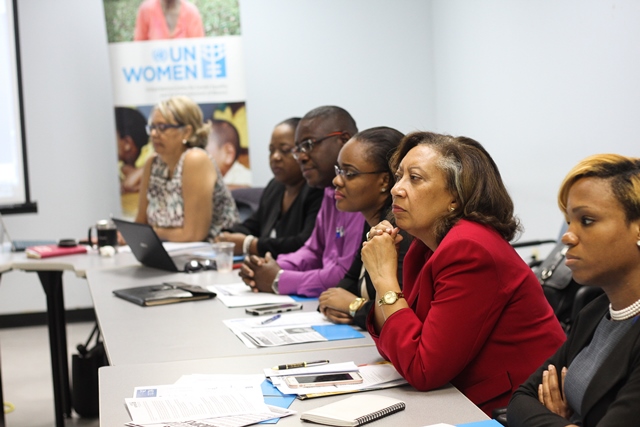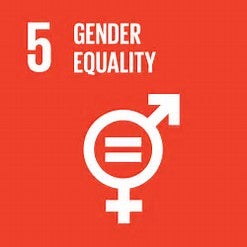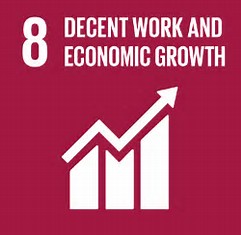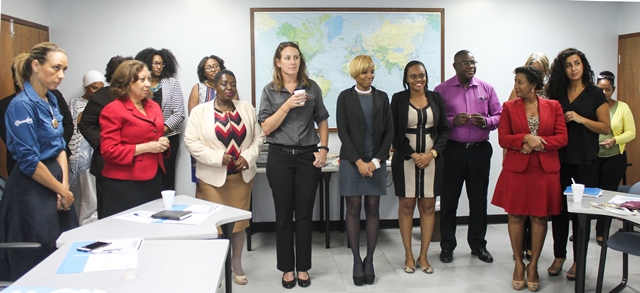Gender Equality and Women's Economic Empowerment in Jamaica
Date:



Private sector business managers in Jamaica are leading on UN Women MCO Caribbean efforts to promote gender equality in business.
A recent consultation on the Women’s Empowerment Principles (WEPs) looked at practical ways in which businesses can use the WEPs to implement gender responsive policies and programmes.
Ensuring the inclusion of women’s talents, skills, experience and energies requires intentional actions and deliberate policies. The Women’s Empowerment Principles, a partnership initiative of UN Women and UN Global Compact (UNGC) provide a set of considerations to help the private sector focus on key elements integral to promoting gender equality in the workplace, marketplace and community.

Participants at the consultation included representatives from the Jamaican companies who had signed onto the WEPs including Island Grill, Sandals, RUBiS, Facey and Facey Law, JMMB and Women Entrepreneur Network (WEN Caribbean)/Zinergy International.
Informed by real-life business practices, the WEPs help companies tailor existing policies and practices – or establish needed new ones – to realise women’s empowerment. The private sector and UN Women are making the SDGs work for women and girls through Goal 5 - Achieve gender equality and empower all women and girls and Goal 8 - Promote sustained, inclusive and sustainable economic growth, full and productive employment and decent work for all.
Data from the Statistical Institute of Jamaica (STATIN) on male vs female participation in the labour force in 2014 shows:
| Age Group | Male Participation | Female Participation |
| 20 – 24 age group | 70.9% | 55.5% |
| 25 - 34 age group | 89.9% | 77.9% |
| 35 – 44 age group | 93.4% | 78.6% |
| 45 – 54 age group | 91% | 76% |
| 55 – 64 age group | 80% | 57.5% |
|
|
|
|
Overall unemployment was at 14.2% in 2015 with 10.7% Male unemployment and 18.5% Female unemployment.
At the global level persistent gender inequality, notably in wage disparities between male and female workers, gender-based discrepancies in access to assets and credit, and productivity differentials have been shown to obstruct pathways to economic growth. A 2015 study by the McKinsey Global Institute established that “…closing the global gender gap could deliver $12 trillion to $28 trillion of additional GDP in 2025.”
Among the outcomes being pursued by the private sector companies, are initiatives to integrate more women and youth into value chain and procurement practices. Recognising that companies are a part of communities including those from which their employees are drawn, the private sector representatives also want to explore avenues for support to community initiatives to end violence against women in Jamaica.
The Jamaica private sector companies had signaled their commitment on International Women’s Day at a WEPs signing ceremony hosted by the Jamaica Stock Exchange.